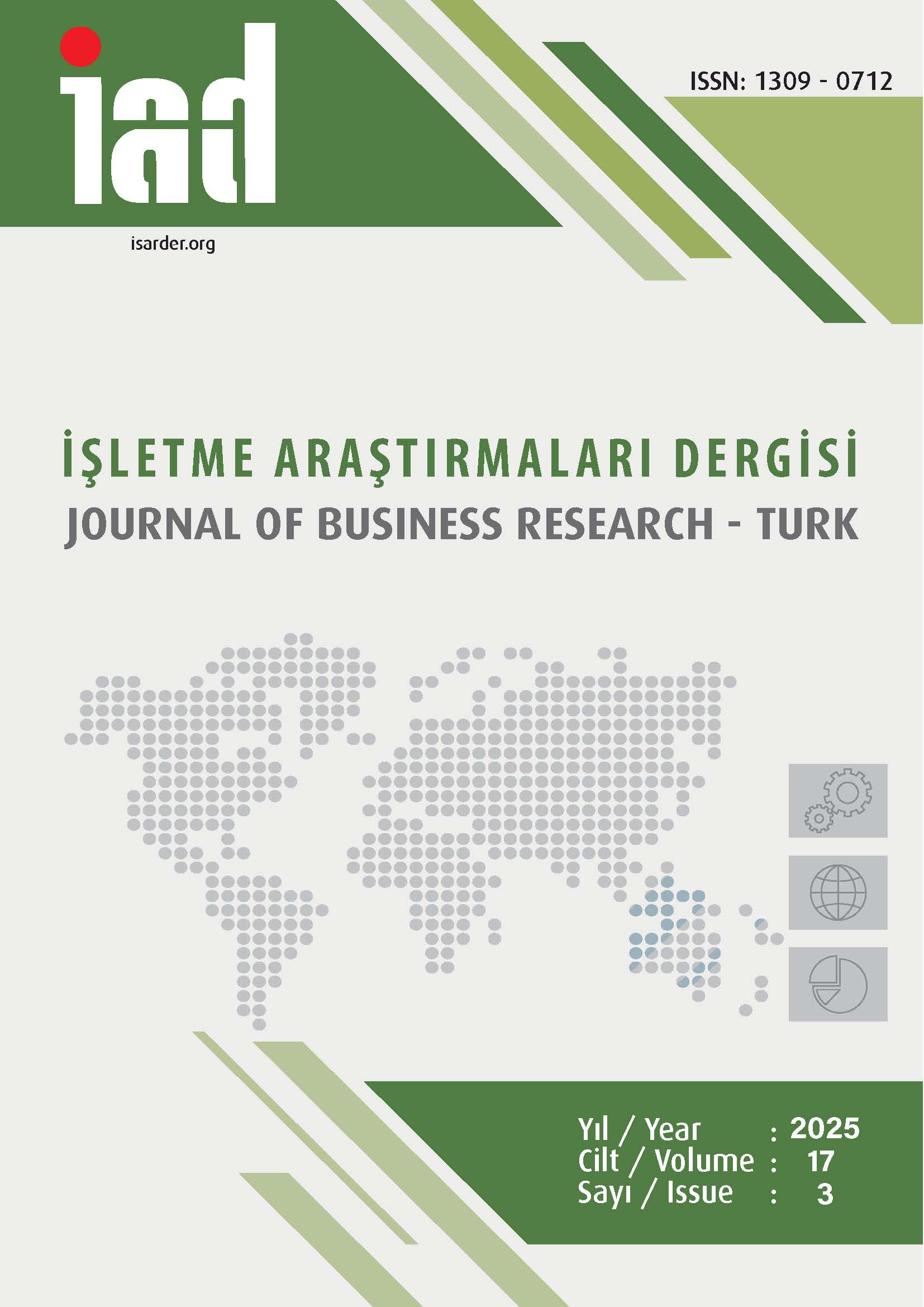Determinants of Higher Education Application Rates in Türkiye
DOI:
https://doi.org/10.20491/isarder.2025.2068Keywords:
Higher education demand, Macroeconomic factors, Poverty, Unemployment, SalaryAbstract
Purpose – This research aims to examine the macroeconomic factors affecting higher education application rates in Türkiye during the 2006-2024 period. The significant decline in applications to the Higher Education Institutions Examination (YKS) in recent years necessitates analysis of the determinants of demand for higher education. The study seeks to empirically demonstrate the impact of macroeconomic variables such as poverty, unemployment among university graduates, and wage differentials—frequently highlighted by the media—on higher education demand, thereby addressing a gap in the literature.
Design/Methodology/Approach – Multiple linear regression analysis was conducted using annual time series data from the 2006-2024 period. The dependent variable was the higher education application rate (ratio of YKS applications to the 15-24 age group population), while the independent variables included poverty rate, unemployment rate among higher education graduates (15-24 age group), and economic return rate of education (ratio of entry-level civil servant salary to net minimum wage). Data were obtained from ÖSYM reports, TÜİK statistics, and Ministry of Labor and Social Security sources.
Findings – Regression analysis results revealed that all three macroeconomic variables had statistically significant effects on higher education application rates. The poverty rate emerged as the strongest determinant (β=-2.524, p<0.001), with a 1-point increase in poverty reducing application rates by 2.5 points. The unemployment rate among university graduates also negatively affected applications (β=-0.481, p=0.020), demonstrating the deterrent effect of "educated unemployment." The economic return rate of education showed a positive but limited effect (β=0.202, p=0.036). The model explains 77.7% of the total variation in higher education demand..
Discussion – The research findings demonstrate that poverty rate has the strongest determinant effect on higher education applications. The unemployment rate among university graduates also negatively affects applications. The wage ratio has a positive but limited effect. The model reveals that higher education demand in Türkiye can be explained by macroeconomic variables.
Downloads
Published
How to Cite
Issue
Section
License

This work is licensed under a Creative Commons Attribution-NoDerivatives 4.0 International License.





